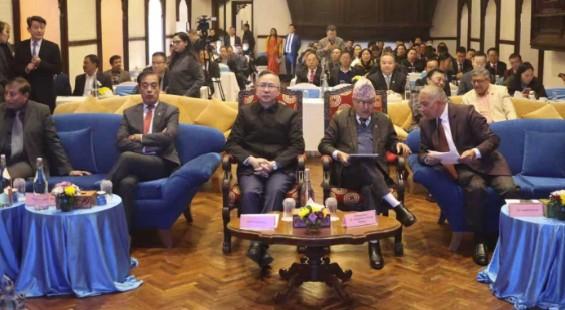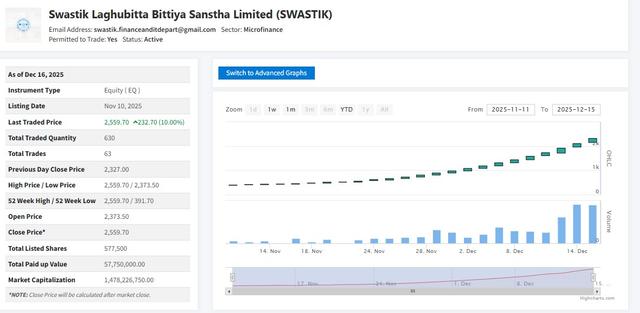Microfinance Impact Expands Nationwide: Over 6 Million Members and 95% Women Participation
Author
Nepsetrading

The data presented is based on provisional figures released by the Microfinance Institutions Supervision Department of Nepal Rastra Bank as of the end of Poush 2081. It highlights the operational status and outreach of two major microfinance institutions in Nepal – Nirdhan Utthan and Aviyan Laghubitta – and presents a consolidated view of their contributions to financial inclusion across the country.
Both institutions have operations spread across all 77 districts of Nepal, ensuring nationwide coverage. While Nirdhan Utthan operates in all 77 districts, Aviyan’s services extend to 21 districts. In terms of manpower, Nirdhan Utthan employs 1,116 staff members, while Aviyan has 184, with the total consolidated workforce across microfinance institutions standing at 21,600.
Branch expansion is also notable, with Nirdhan Utthan running 185 branches and Aviyan operating 60, bringing the total number of branches to 4,996. These branches collectively manage 463,463 service centers across the country, directly connecting rural populations to financial services.
A total of 1,440,211 microfinance groups have been formed, comprising 6,097,081 members. Of these, Nirdhan accounts for 49,810 groups and 399,778 members, while Aviyan manages 6,496 groups and 32,837 members. A key highlight is the overwhelming participation of women: out of the total members, 5,854,118 are women – approximately 95% of the entire member base.
When it comes to active borrowers, the total figure stands at 2,689,045. Of this, 1,83,643 are from Nirdhan Utthan and 18,019 from Aviyan. Women again dominate this category, with 2,582,471 female borrowers compared to 106,574 male borrowers, emphasizing the critical role microfinance plays in empowering women in Nepal’s rural and semi-urban regions.
This data clearly indicates that microfinance institutions have become a backbone for economic inclusion in Nepal, particularly by targeting and uplifting women in underserved areas. Through the joint efforts of institutions like Nirdhan Utthan and Aviyan, millions of households are being brought into the formal financial system, enabling them to access credit, build assets, and improve their livelihoods. The strong outreach and massive female participation further highlight the sector’s role in driving not just economic but also social transformation.



